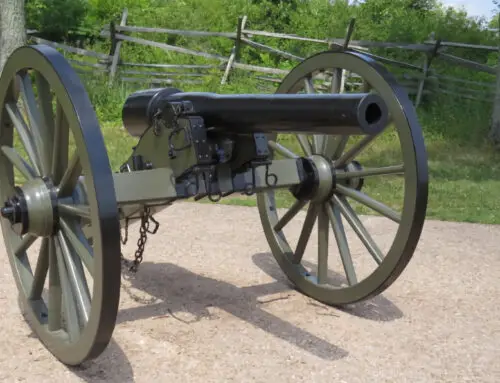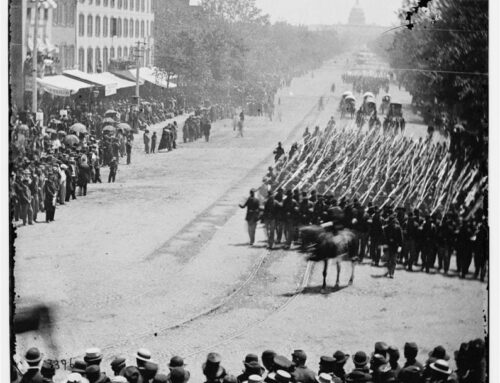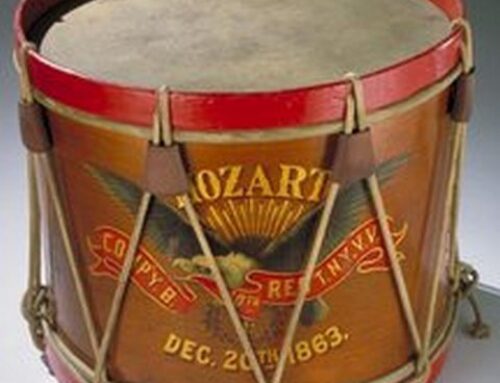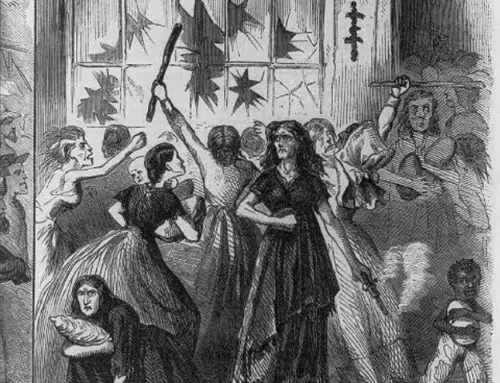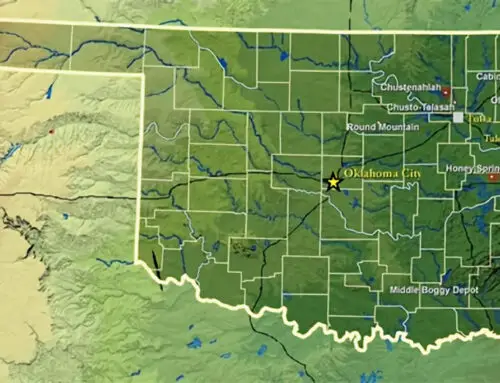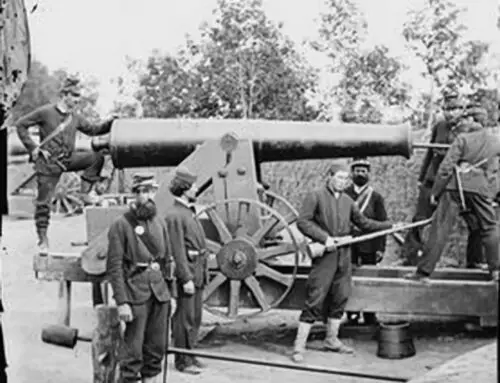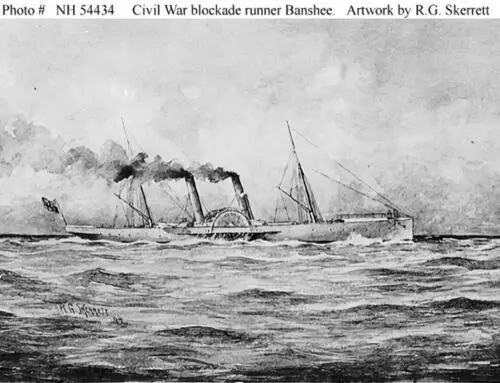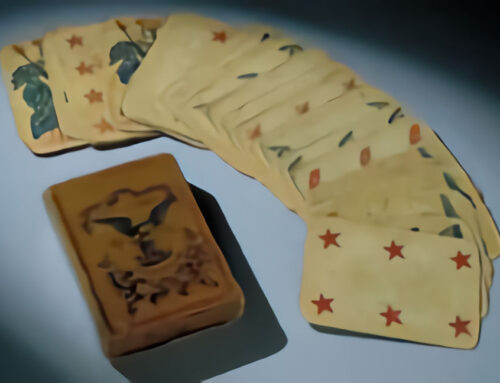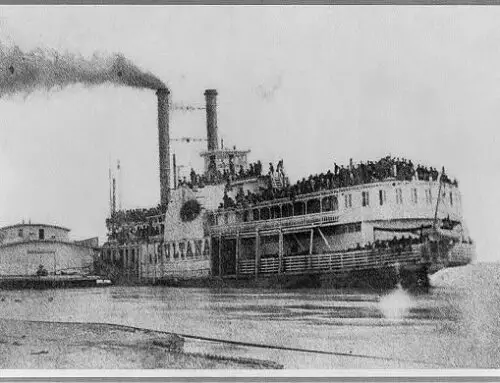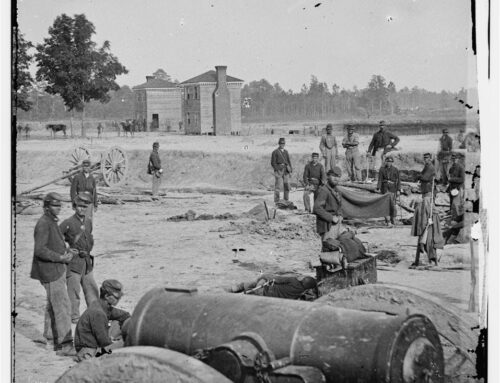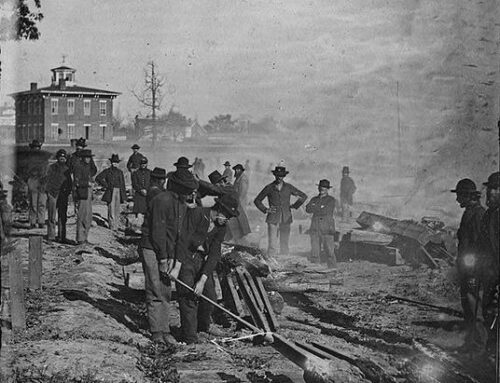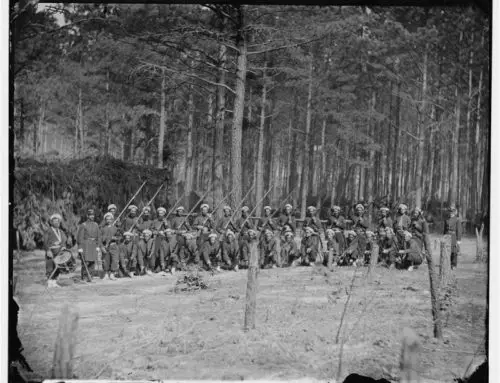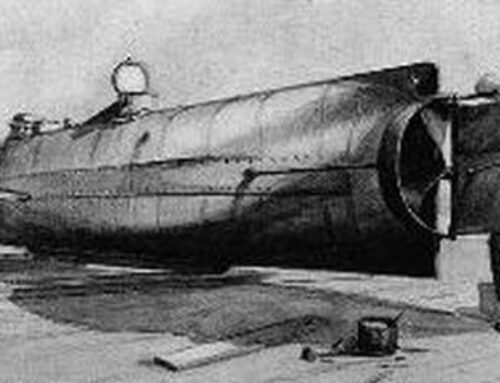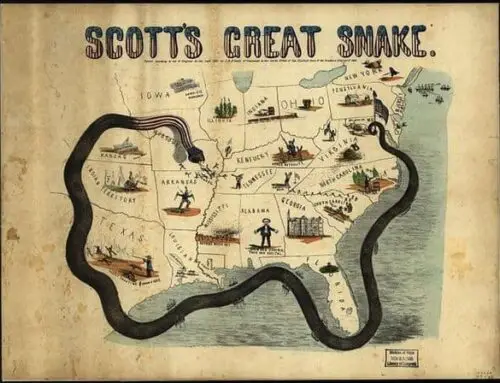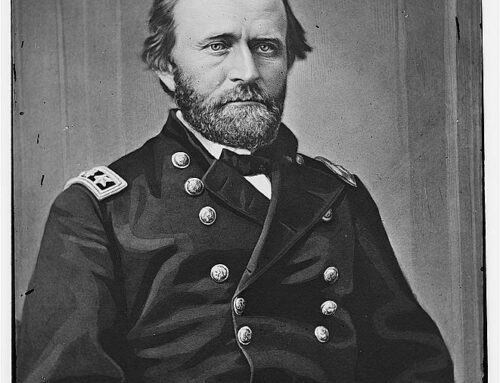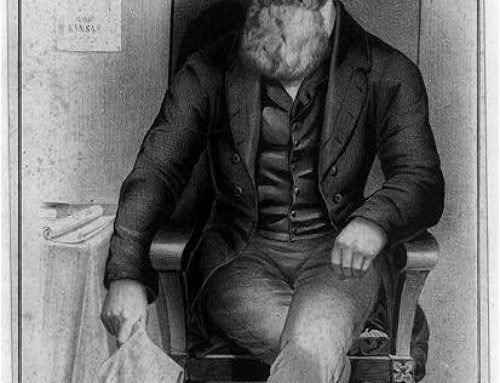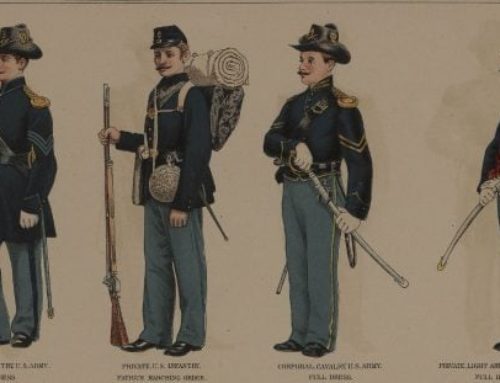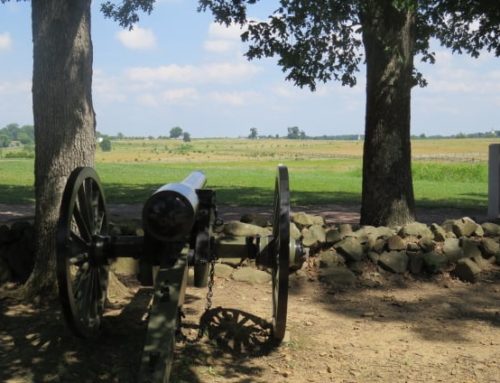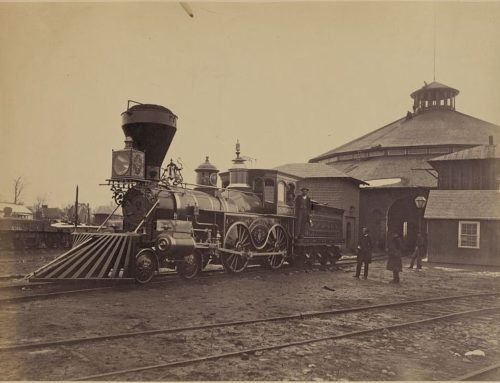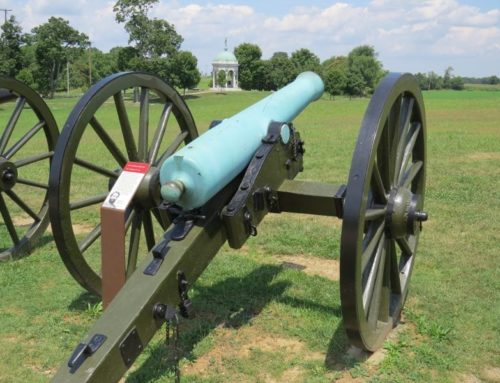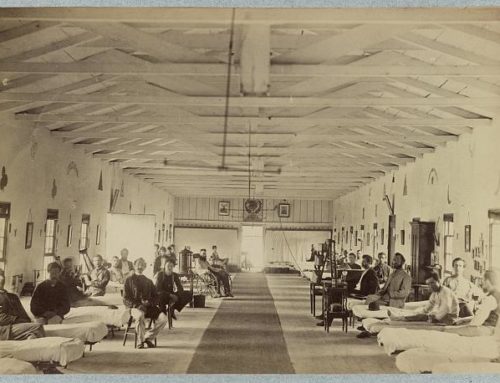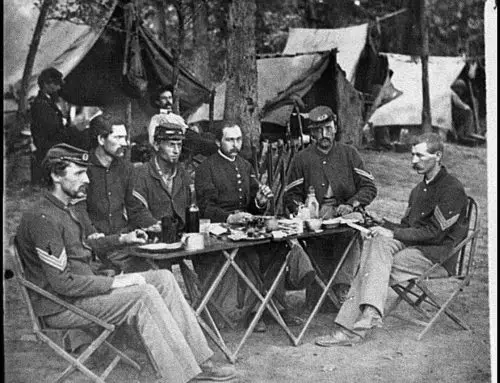(1831-1879)
John Bell Hood was the youngest man ever to achieve the rank of full general in the Confederate army, not an easy task at any age.
He was to be known as a great leader with a spirit for the battle. He was said to be as great a leader as the Confederacy had ever known.
Hood met many future Confederate officers, including the great Confederate General Robert E. Lee, while he was a cadet at West Point. The lasting impression left to General Hood’s legacy was that he was a great leader but needed to follow orders better in crucial time periods.
This can be taken in a variety of ways, the first being that the leader was independent or secondly that he was stubborn.
Born in 1831, Hood was educated at West Point and said to have been a mediocre cadet. The subject that Hood did excel at was military theory, a difficult class that many future leaders would lament not having done well in.
The many generals that fought in the Civil War would say in their respective memoirs that the training they received at West Point although beneficial could have been learned in the field all but military theory.
Hood was well on his way to stardom and the opportunity to lead a force into battle.
After resigning from the army, Hood would work his way through the normal channels that most eventual generals would go, through the Mexican War, the Indian Wars and then landing at the Civil War. His first action of the war would be as General Hood and he would lead his Confederate troops into conflict at both the Seven Days Battle and Seven Pines.
Soon after both of those battles, John Bell Hood was then sent to Antietam where he was awarded the rank of Major General, Hood had finally earned his stripes. While leading a division into Gettysburg, Hood showed his commanders just what he had learned at West Point and then in the battles fought previously.
His leadership qualities were being compared to Lee and that never happened on the Confederate side ever again.
To be compared to the almost G-d like Lee was something even generals dreamed about, from both sides of the battle. Hood lost an arm during the fighting at Gettysburg and that would hinder his leadership ability forever more. Stubborn and disciplined, Hood took the loss of his arm in stride and would later lead troops into battle again.
That time and place would be as the leader of the famed Army of Tennessee where Hood would eventually find himself leading an attack against a well defended well supplied Union held Nashville. The Union General George Thomas easily fought the Confederates off each and every time the attack happened.
The Confederates were ill fed and a group of hungry troops never does well. Beaten and on the run, Hood lead the remainder of his once proud army away from Nashville and sealed his fate as a disgraced leader.
Hood then moved his family to New Orleans after being replaced as General of the Army of Tennessee. Hood would later die in 1879 with his beloved wife, during the yellow fever epidemic. A sadder ending could not have been created for the once proud general.


